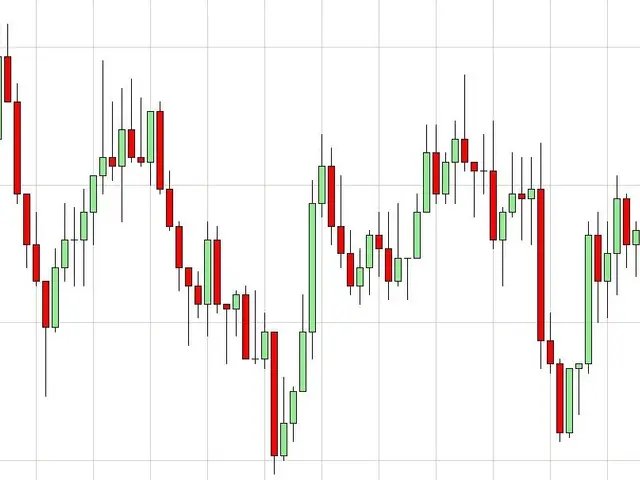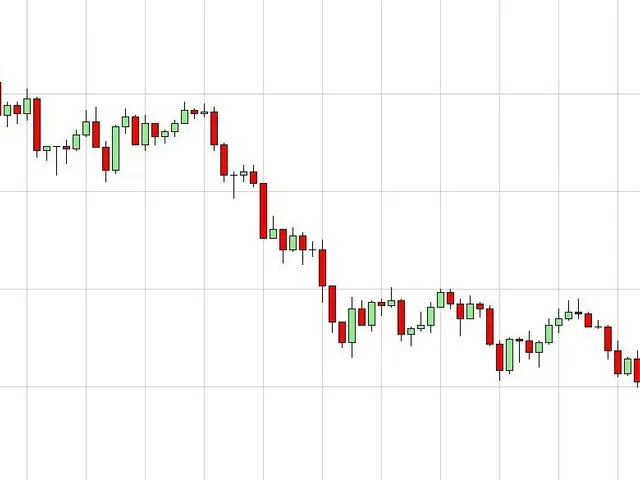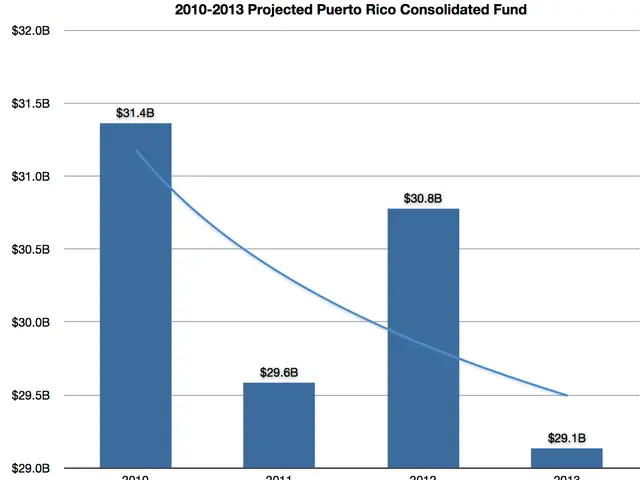Guiding you through the journey of contemporary financial investments.
In the ever-evolving world of finance, a growing number of new investors are turning to the media for guidance, yet a lack of a clear future strategy among them persists. This is akin to the early stages of the COVID-19 pandemic, where everyone had some information but no clear path forward. One such individual is Hannah Herbst, a 39-year-old newcomer to the stock market with around €40,000 in savings, no children, and no specific purpose for her savings.
For moderately risk-tolerant individuals like Hannah, **Exchange-Traded Funds (ETFs)** represent a highly suitable investment option. ETFs offer diversification across thousands of stocks and bonds globally, helping to mitigate risks inherent in single securities while potentially providing steady growth over time. With relatively low minimum investments and the convenience of automated management through various platforms, ETFs are accessible even to those without extensive market expertise.
Hannah's strategy is tailored to her profile. A diversified ETF portfolio, allocating her savings into a balanced mix of equities and bonds, can offer growth potential with less volatility than an all-equity portfolio. Including some direct investments in government or high-quality corporate bonds can add stability, providing steady income in a low-interest rate environment. Real Estate Investment Trusts (REITs) offer a convenient way to gain exposure to real estate markets without the need for direct property ownership, adding diversification benefits and income through dividends.
For additional diversification and potential higher returns, private credit or business investments could be considered, but these options carry higher risk and require more due diligence. Given Hannah's moderate risk tolerance, these investments should not dominate her portfolio.
Before diving into the market, it's crucial to have an emergency fund covering at least six months of expenses to avoid liquidating investments during unfavorable market conditions. Regular reassessments of risk tolerance and financial situation are also essential to keep the strategy aligned with one's goals.
Hannah's first steps in investing are guided by Mr. Dutz, as she seeks advice on her new venture. The trend of cryptocurrencies as a potential source of quick wealth accumulation reflects the search for alternative investment opportunities, a reflection of the current investment landscape shaped by declining interest rates and the charging of penalty interest by banks.
In conclusion, a well-diversified approach focused on ETFs, complemented with bonds and real estate funds, fits well for someone with moderate risk tolerance and €40,000 to invest, seeking growth beyond low-interest savings. As Hannah embarks on her investment journey, she joins a growing number of individuals navigating the complex world of finance in search of a clear strategy.
Hannah choose Exchange-Traded Funds (ETFs) for her investing endeavors, as they provide an accessible entry point into the stock market with low minimum investments and automated management. Her diversified portfolio, consisting of a balanced mix of equities, bonds, and Real Estate Investment Trusts (REITs), aims to yield growth potential with less volatility. Personal-finance strategies, such as setting up an emergency fund and regularly reassessing risk tolerance and financial situation, remain crucial components to ensure a long-term successful investment journey.






